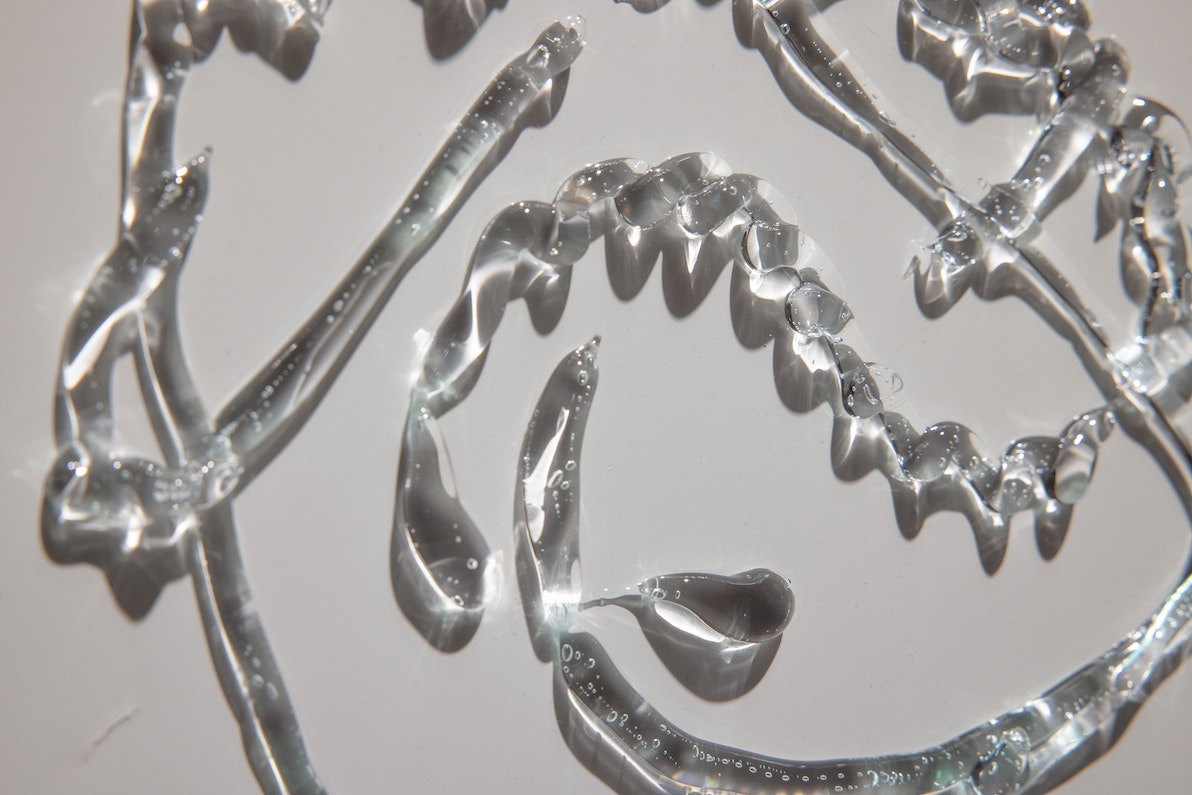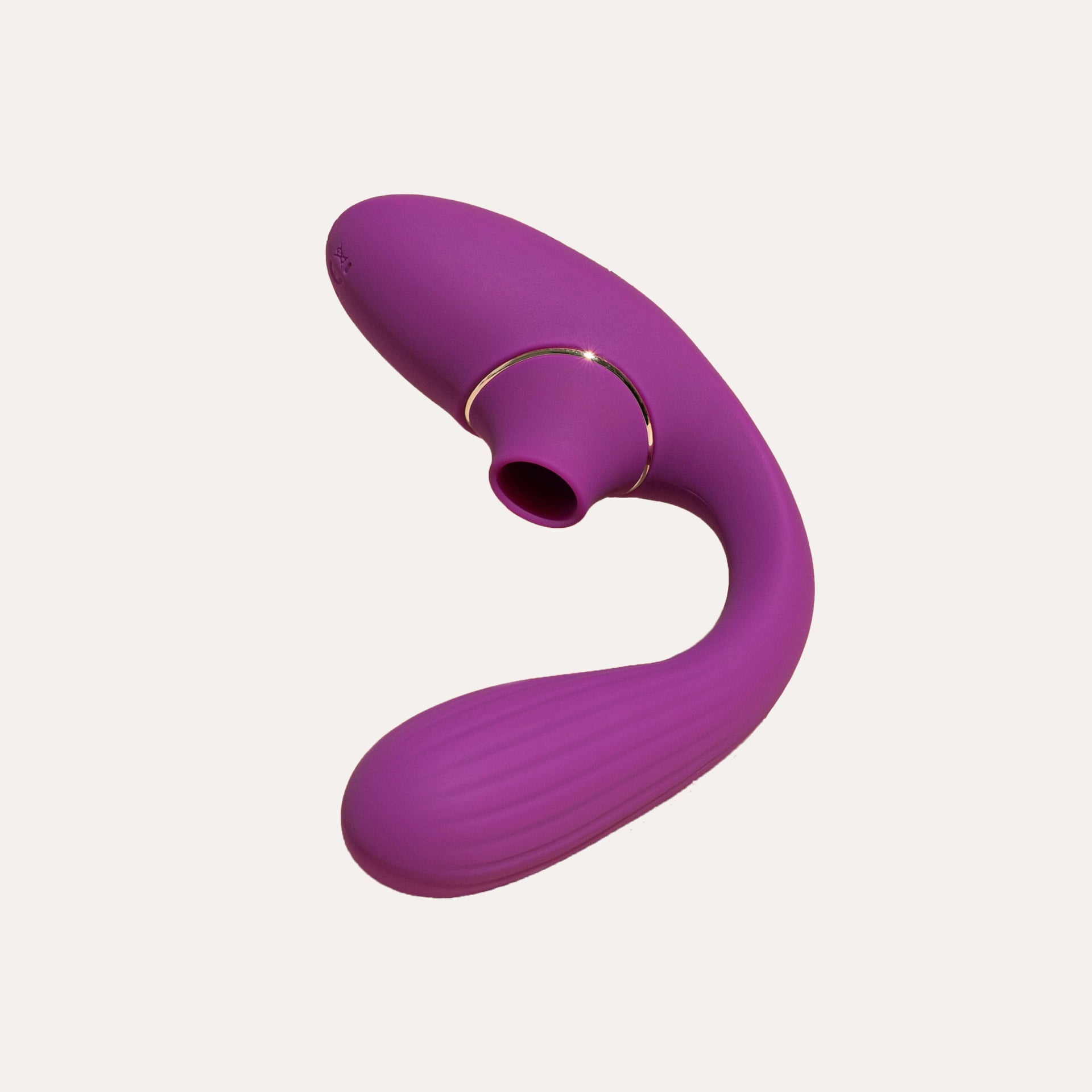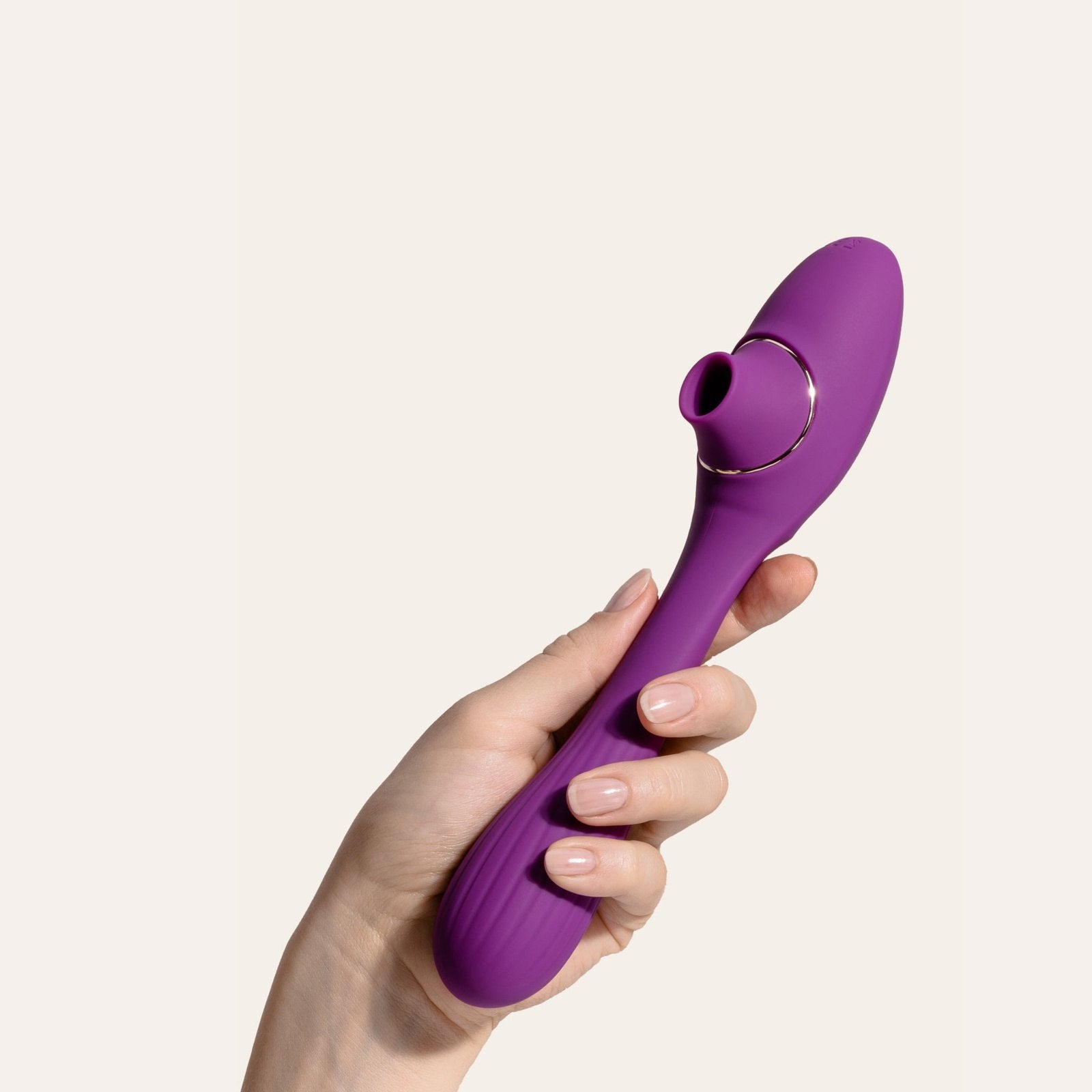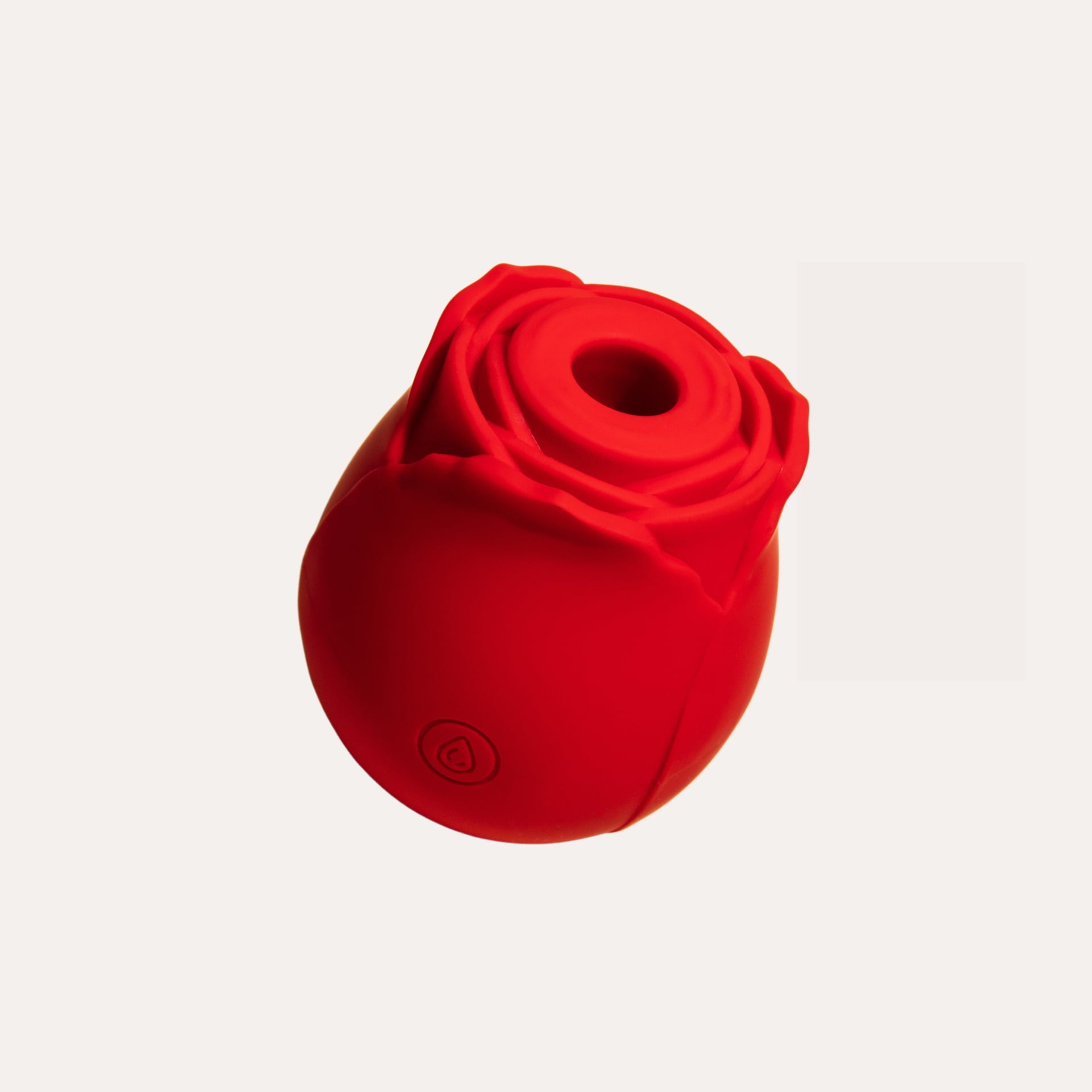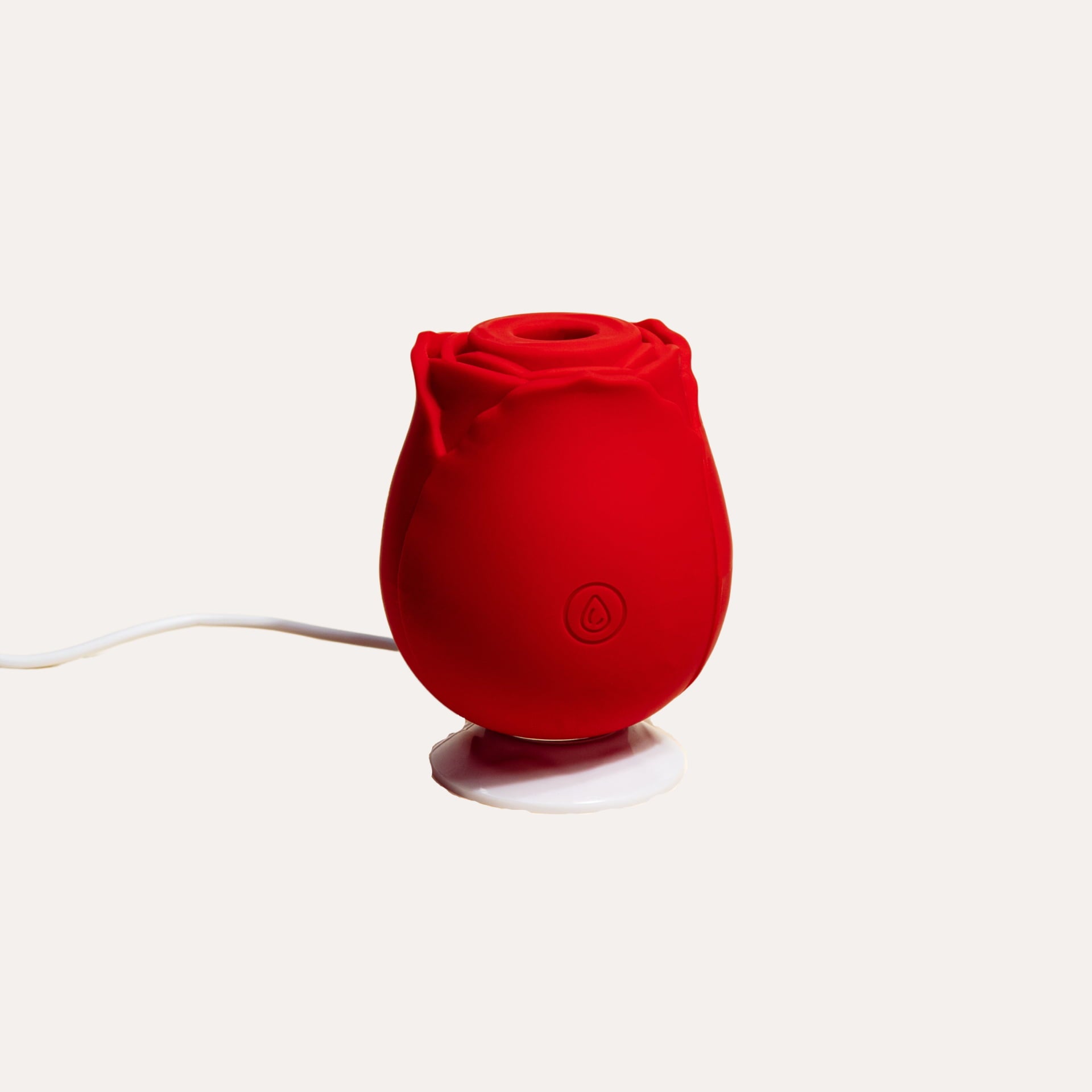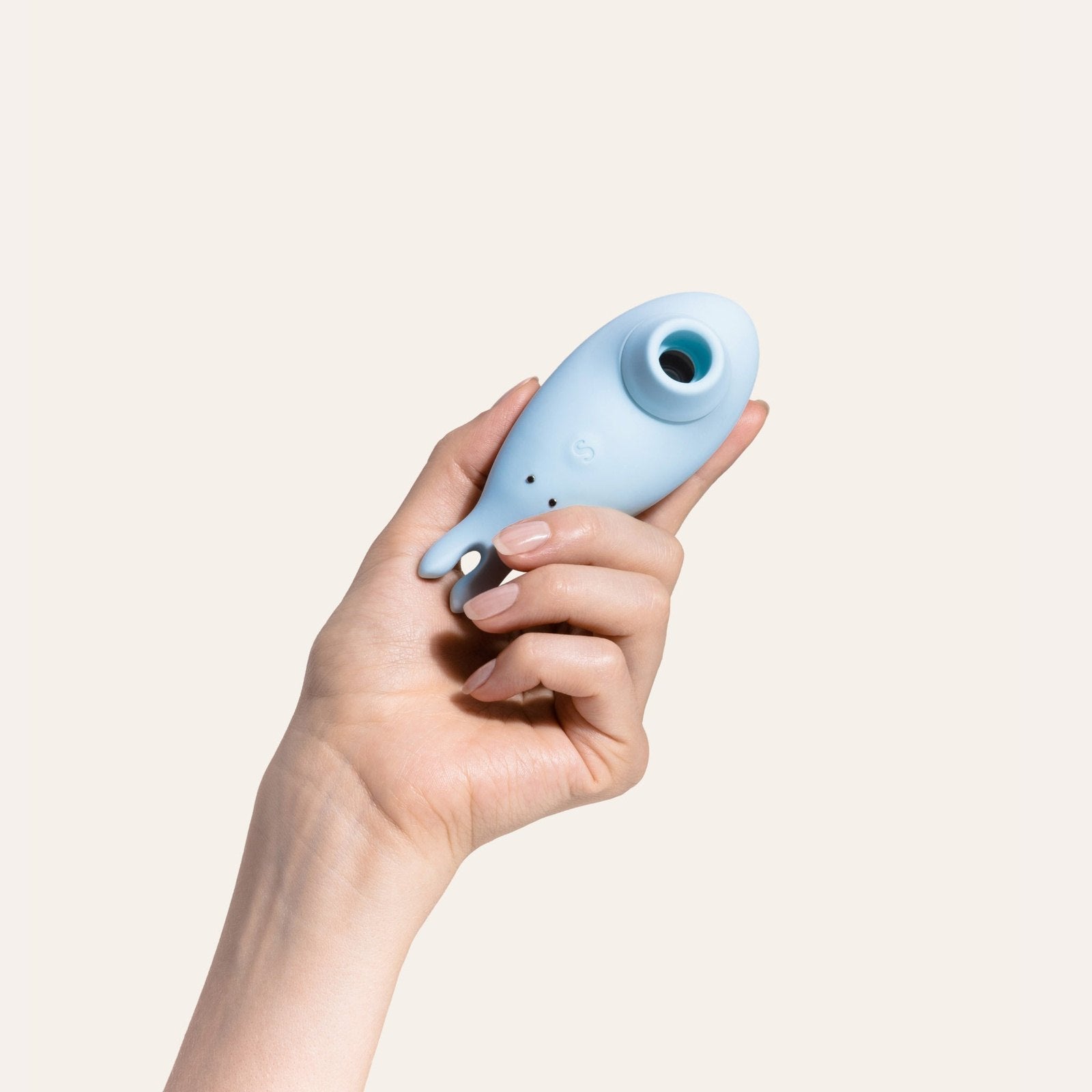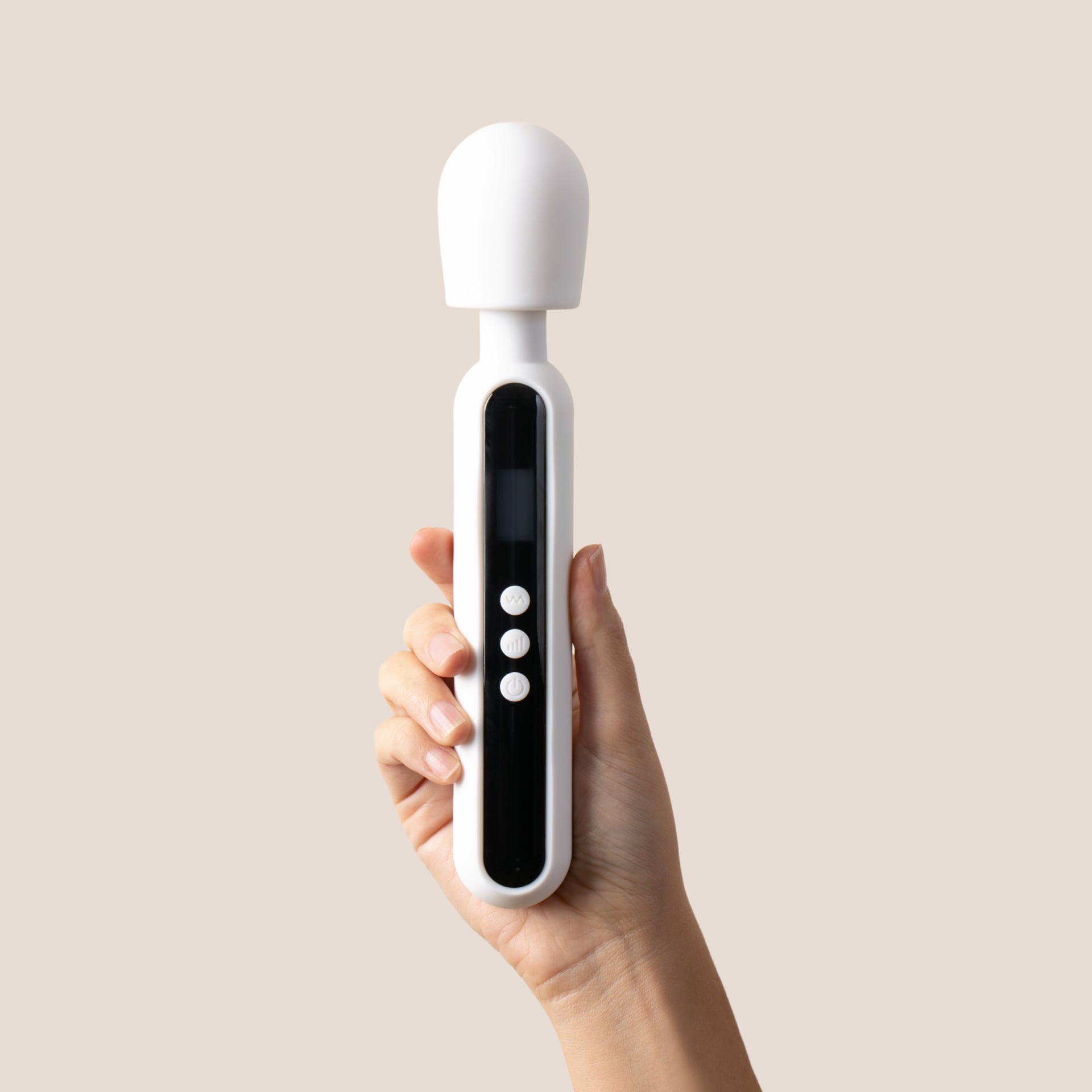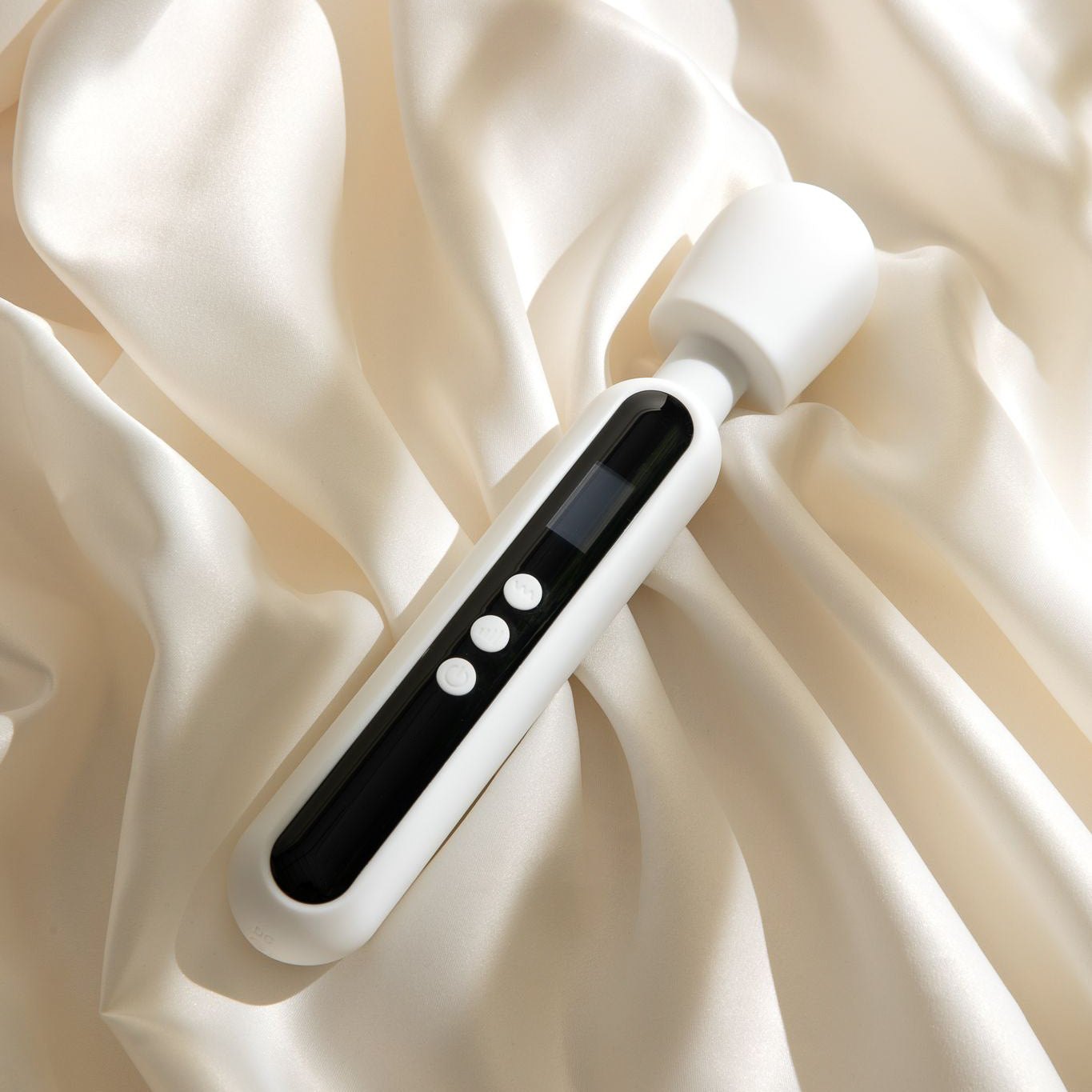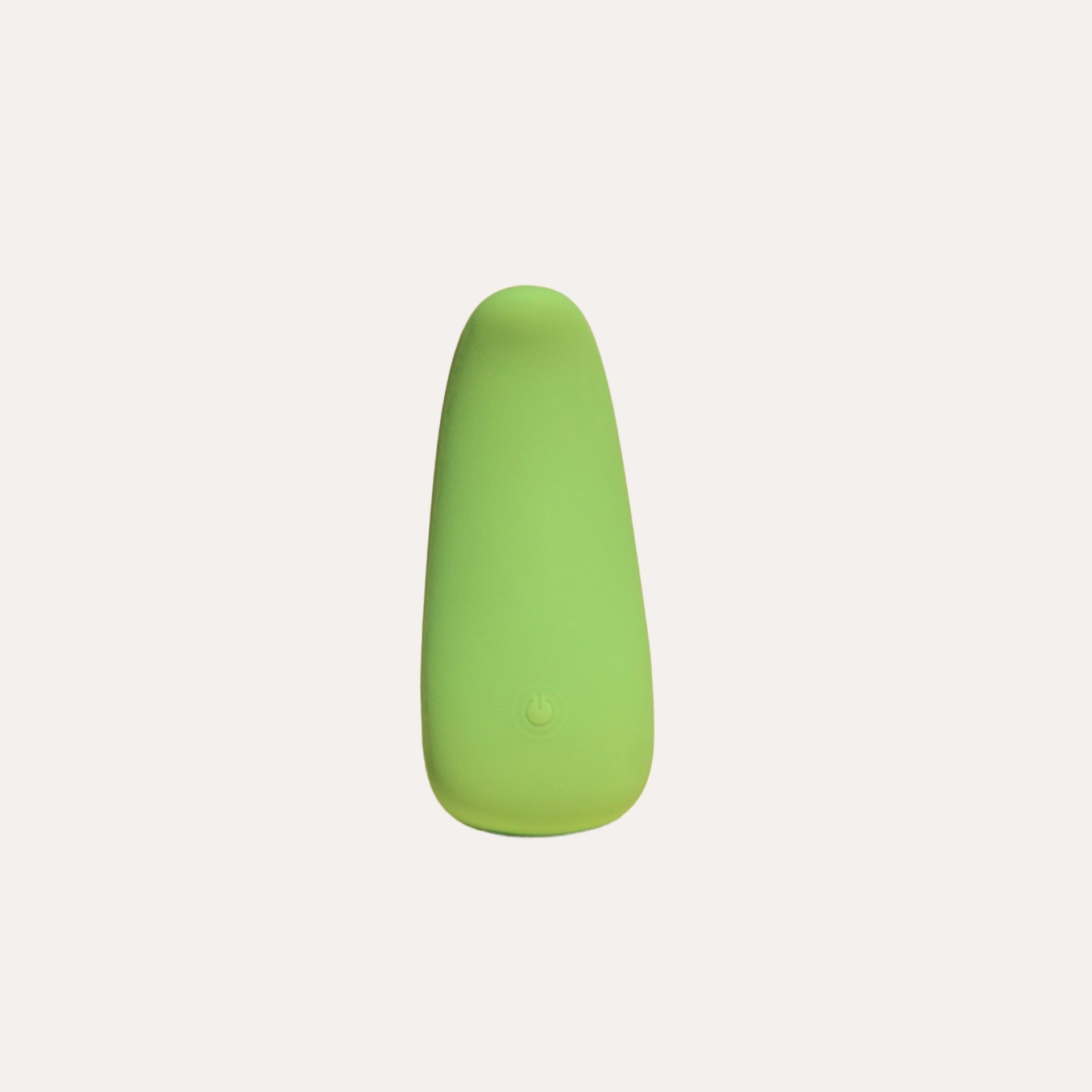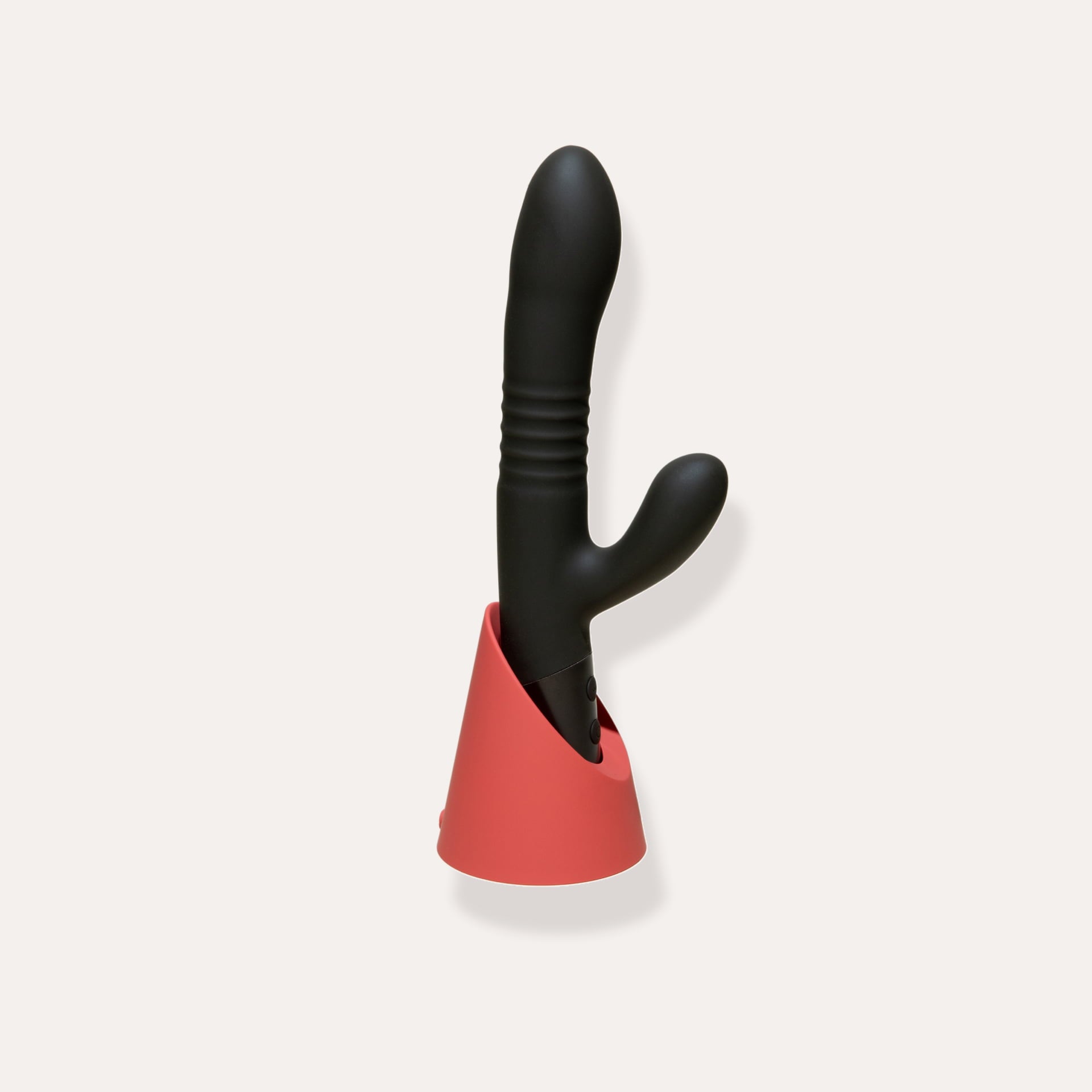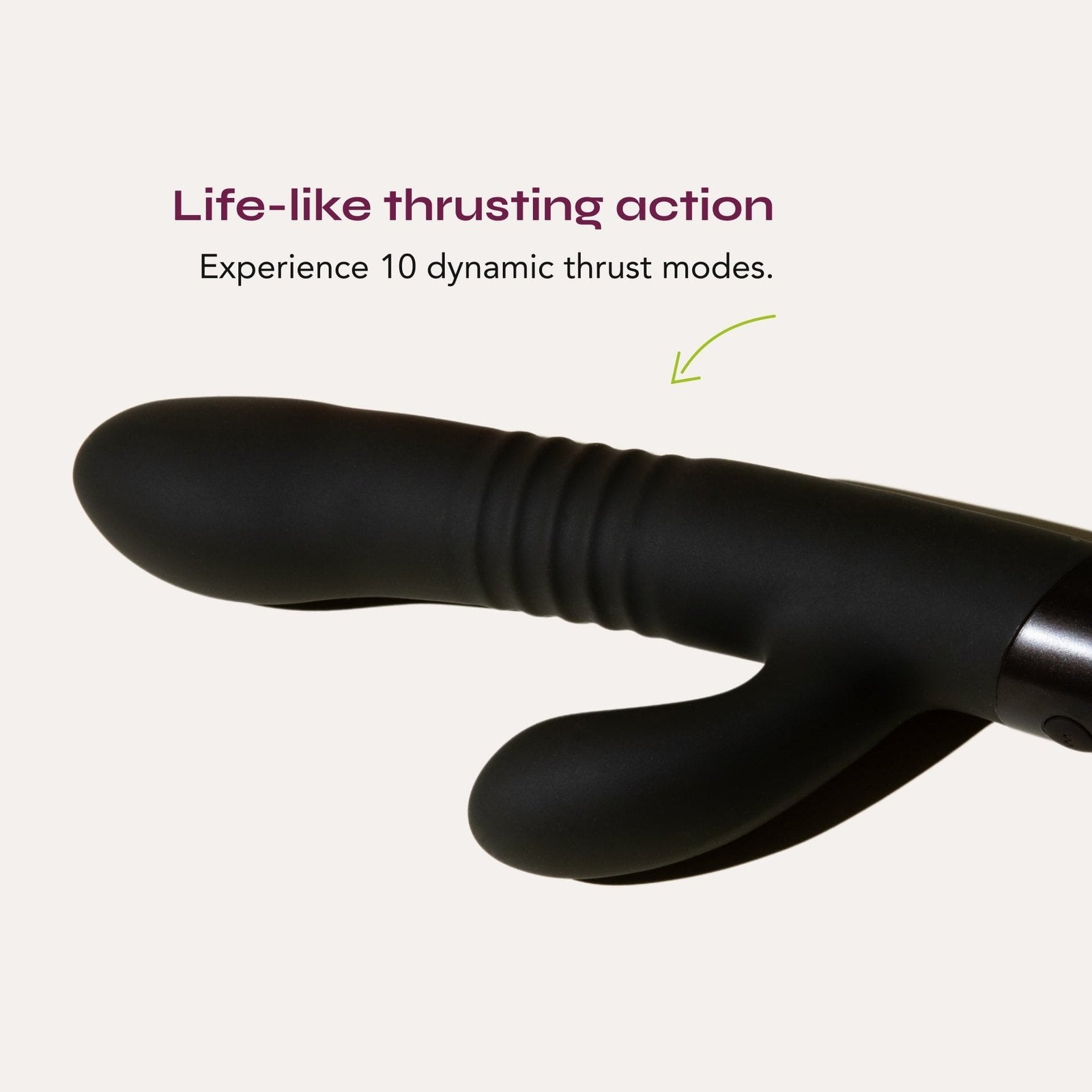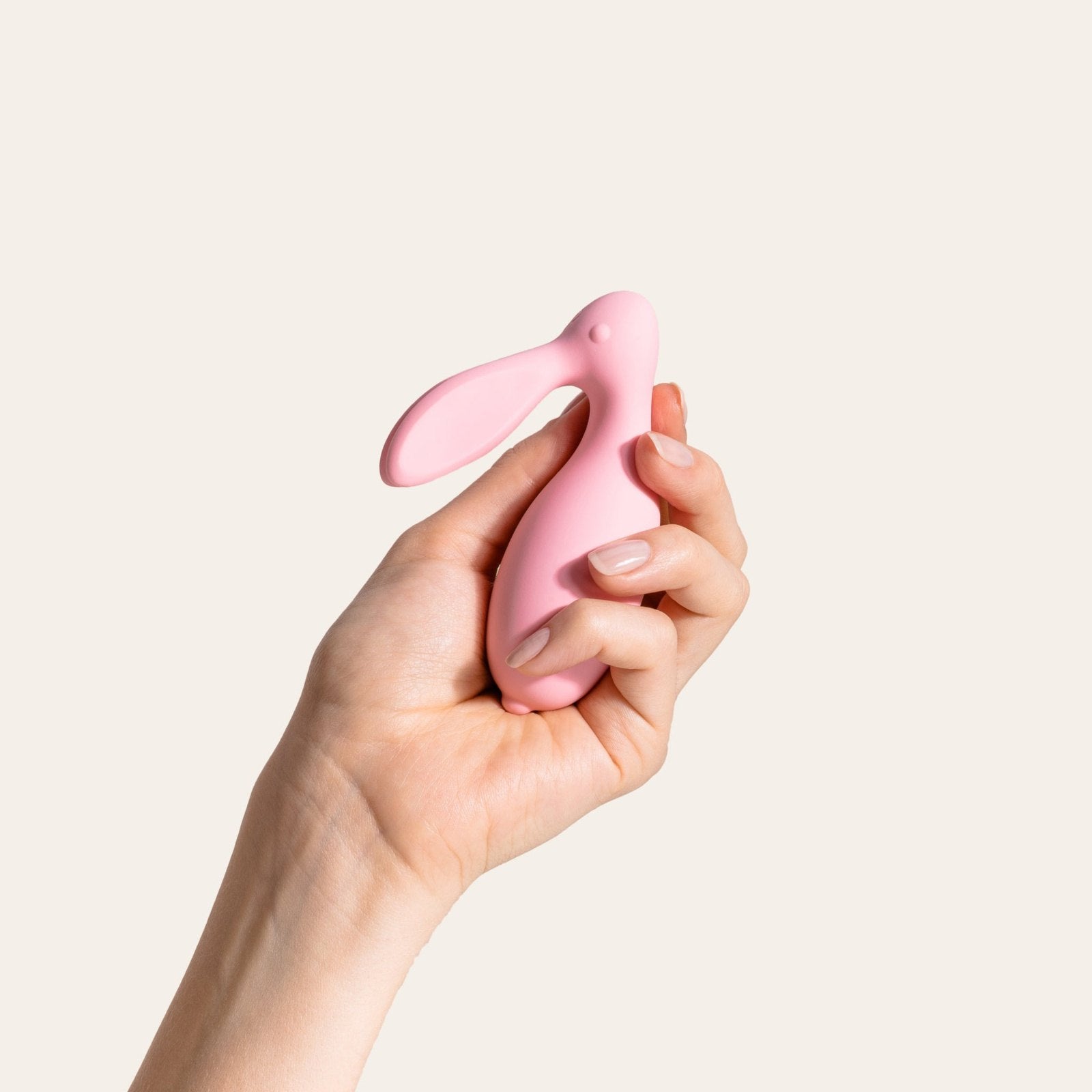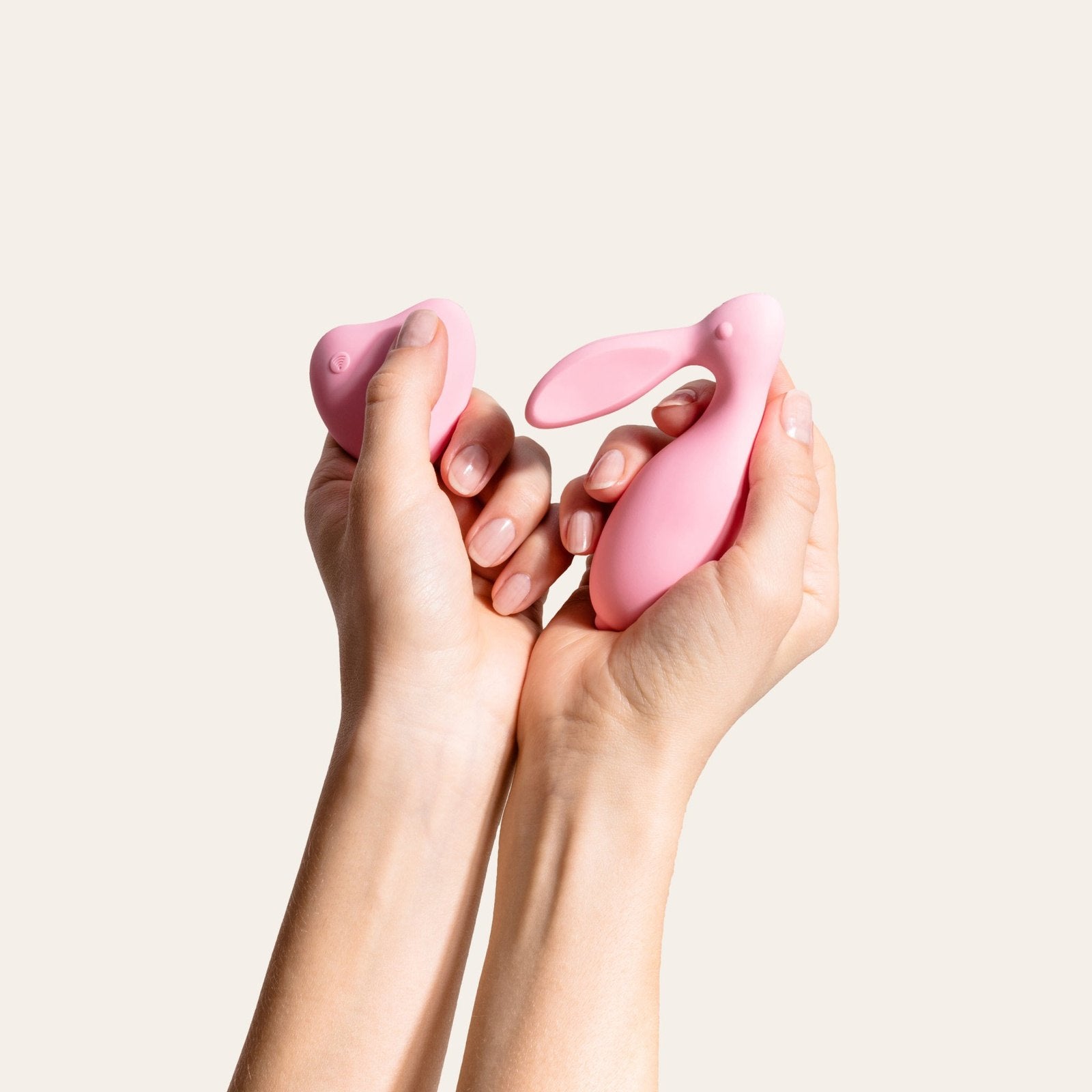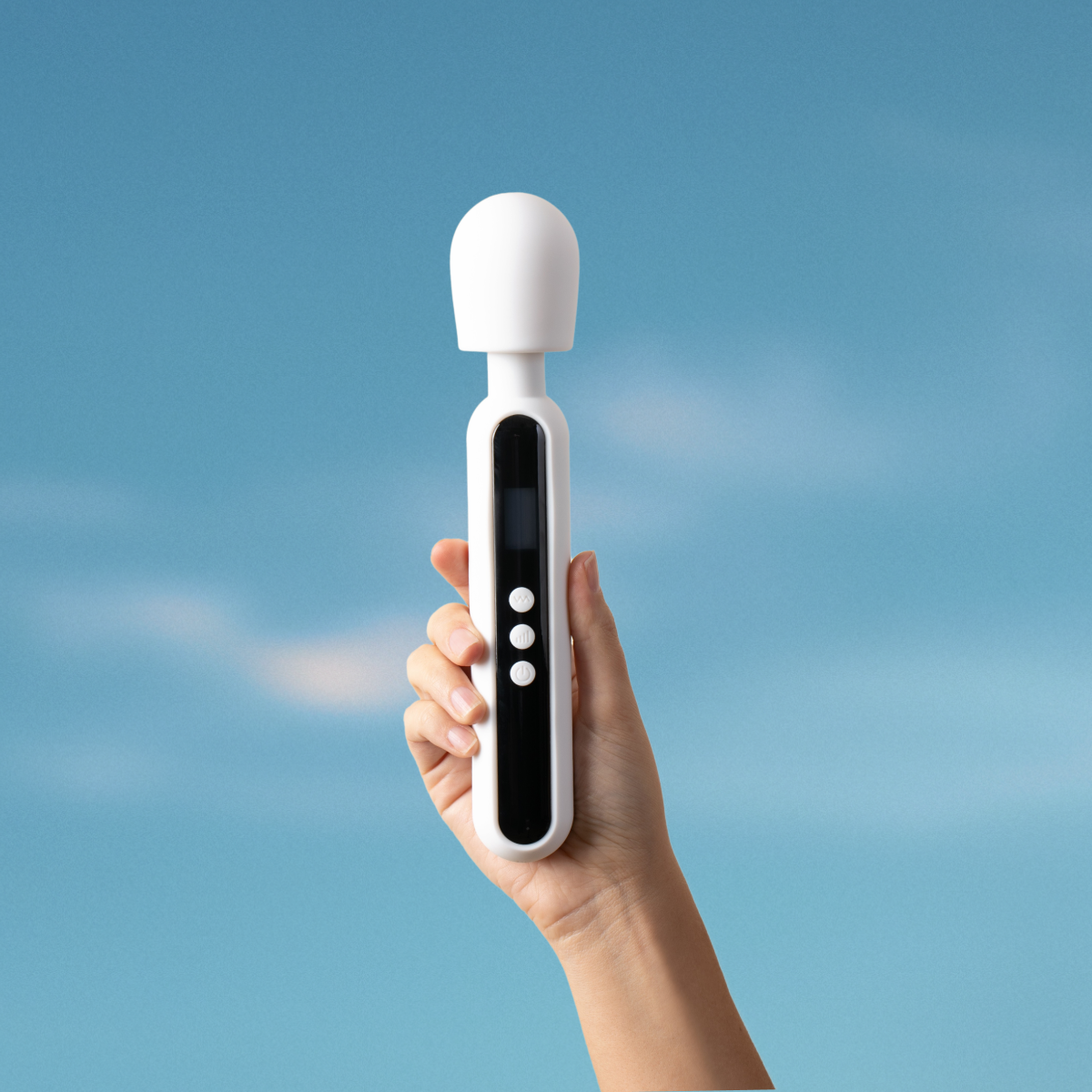Ahhh, the never-ending sexy time debate -- silicone vs water-based lube. If you're wondering how to choose between these two very popular personal lubricants, we've written this guide to help you settle the score. The truth is, there is room for both silicone and water-based lubricants in the world. While we certainly have our preferences, we'll lay out all the details of silicone vs water-based lube so you can decide what's best for you and your partner.
The most popular lube on the market is water-based lube
When you are looking for that perfect personal lube you will be faced with three choices. The first of these is silicone-based lube, the next is water based lube and finally, there is oil-based lube. Research indicates that water based lube is the most popular type of lube, with silicone lube also having a significant fan base, and oil-based lube taking the bronze medal.
Now, let’s take a closer look at silicone vs water-based lube and what they each bring to the party.
The Skinny on Silicone Lube
So, what is silicone exactly? The ingredient silicone is a man-made polymer comprised of carbon, hydrogen, oxygen and silicon. Silicone has a rubber-like finish. The very best vibrators are made of medical grade silicone. They are preferable since they are a non-porous surface.
However, silicone can also be utilized in a liquid form in cosmetics such as hair conditioners, lotions and sex lubes. These often come in the form of dimethicone; cyclomethicone; cyclohexasiloxane; cetearyl methicone; cyclopentasiloxane.
There are both pros and cons to silicone based lubes.
Silicone lubricant is thicker than water-based but it’s harder to get rid of
Silicone lube is often very thick and long lasting. Silicone lube is great for some water-play fun because the lubricant doesn't wash off easily. But, it may also stain your sheets or pretty undergarments. The trade off there is it lasts longer than water-based lubes.
Silicone lubricant is NOT recommended for sex toy use!
It’s also a rule of thumb to not use silicone lubricant with silicone sex toys – like deteriorates like and silicone lubes might damage your beautiful silicone sex toys.
Silicone lubricant is not recommended for penetration
Theres some experts that say silicone lubricant is not recommended for vaginal or bum penetration as the silicone may cause bacteria to stick around longer than otherwise. The long-lasting nature of silicone may make a hard job of ridding the bacteria. This may lead bacterial infections. There’s also research to suggest that silicone lube can cause skin cell damage or irritation.
Silicone lubricant is generally seen as safe for condom use.
Both water based and silicone lubricants are safe to use with latex condoms. It’s oil lubricants that you do NOT want to use with latex condoms. Oil can degrade and weaken the latex.
Why Water-Based Lube?
You are water. Well, around 60% of you anyway. Our bodies speak the language of h2O. Water-based lubricants are as close to the body's natural lubricants as a packaged product can get.
For those who like to stay a bit more natural, water based lube is a great option.
Water based lube is safe (and preferable) for your body, latex condoms, dental dams, and diaphragms, it’s also perfect for those high-quality silicone sex toys. Not to mention, the slip and slide water-based lubricants offer increase pleasure for all involved.
Water-based lubricants feel incredibly natural, non-sticky and non-greasy. With water-based and aloe-based lubricants XOXO, you can't go wrong.
It’s also worth noting that water based lube is a great choice for postmenopausal women. Lowered estrogen levels can make the vagina dryer, and more susceptible to infection. Water based lube is not as harsh as many of the other options. Our water-based lubricant was designed to double as a daily vulva moisturizer, you can add a little to your vulva and go. For many with vaginal dryness, this can offer a lot of relief.
There is a time and a place for both silicone and water-based lubricants
The silicone vs water-based lube debate continues to go on and on because there is merit to both lubricants. While there are downsides to both, everyone’s preferences are different.
The only time you seriously shouldn’t use silicone lube and opt for water-based (as a rule) is when you are using silicone vibrators, dildos or any other sex toys. Silicone lubricants can damage and degrade silicone sex toys.
Otherwise, you can find use for both silicone and water-based lubricant.
At BerryLemon our preference is water-based lubricants
Water based lubricants are a bit easier to use, don’t stain your dresses, or sheets, wash off with water, and (often) don’t cause any vaginal pH havoc. Water based lubes are great for vulva and vaginal moisturizing, masturbation, partnered sex, condom use, silicone sex toy fun, and anal sex. There are really no limits to using water based lube which is why we love to recommend it. It’s safe, easy to use and feels wonderful.
Lube Ingredients to Avoid
But, not all water-based lubricants are created equal. Let's talk about a few other lubricant ingredients you may want to steer clear of if you are worried about the delicate vaginal ecosystem you’ve got going on.
Avoid flavored, scented & warming lubricants
Try to avoid lubricants that are flavored or warming’, they are going to contain additives that can not only cause discomfort and potential allergic reactions - but they also increase the likelihood of bacterial infections. However, there are additives that are used to formulate certain lubes that really have no place in your body.
Prone to yeast infections? Avoid glycerin
Glycerine is used in an enormous variety of products - from moisturizers and shampoo and shaving cream to air fresheners and printer ink cartridges. It is widely regarded as useful and safe in cosmetics. It is a humectant, meaning it helps to retain moisture - but as useful as it is, Glycerin has no place in your lube if you are prone to vaginal bacterial infections or yeast infections.
Microbes and bacteria love Glycerin, it’s a metabolic byproduct of sugar and it’s one of their favorite sources of food. Give microbes a dab of Glycerin and they go at it like no-ones business, multiplying incredibly quickly and setting up an infection.
Avoid Parabens
Parabens are a group of chemicals that act as preservatives and are a common lube additive. This group of chemicals is especially scary. Although research is ongoing, there is a growing body of evidence to suggest that parabens can act as endocrine disruptors, mimicking estrogen. It is never a good idea to mess with your body's hormone system - and there is evidence that parabens can increase your chance of getting breast cancer.
Silicone vs Water Based Lube - Next Steps
In the debate of silicone vs water based lube, water based takes the cake in our opinion. It’s one of the most versatile and natural feeling lubricants money can buy.
At BerryLemon, our water based lube, xoxo, ticks all the right boxes.
xoxo is:
- Water-based
- Contains natural Aloe vera (a great moisturizer)
- Easy clean-up
- Won’t stain your sheets
- Vegan & cruelty free
- Paraben-free
- Glycerin-free (glycerin can cause some vaginal yeast infections in some)
- Fragrance-free (not good for the downstairs)
- Formulated to last
- Latex condom safe

